

Director, AI Institute, Barcelona Supercomputing Center
Ricardo Baeza-Yates is the inaugural director of the AI Institute at the Barcelona Supercomputing Center since May 2025. Earlier roles include Director of Research at the Inst. for Experiential AI of Northeastern University (2021-2025) and VP of Research of Yahoo Labs (2006-2016). He has a Ph.D. in CS from the Univ. of Waterloo and is co-author of the Modern Information Retrieval textbook, that won the ASIST 2012 Book of the Year award. In 2009 he was named ACM Fellow and in 2011 IEEE Fellow.
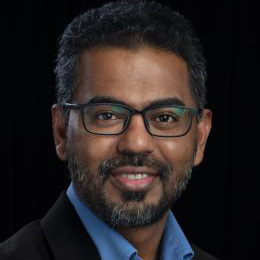
Director of AI Programs, Oak Ridge National Laboratory
Prasanna Balaprakash is the Director of AI Programs and a Distinguished R&D Scientist in the Computing and Computational Sciences Directorate at Oak Ridge National Laboratory (ORNL), where he co-leads the AI Initiative—an LDRD portfolio focused on secure, trustworthy, and efficient AI for scientific discovery, experimental facilities, and national security. He serves as the AI lead for several U.S. Department of Energy–funded projects and received the DOE Early Career Award in 2018.
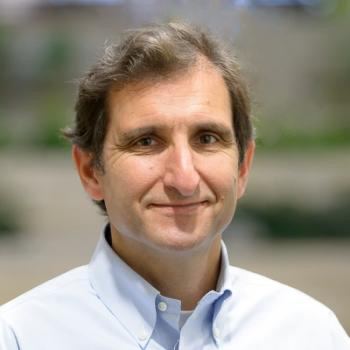
R&D Lead, Senior Computer Scientist, Argonne National Laboratory
Frank Cappello is an R&D lead and Senior Computer Scientist at Argonne National Laboratory. He leads a research team exploring resilience for HPC and large-scale distributed systems, lossy compression of scientific data and LLMs for science. He is an IEEE Fellow, the recipient of the 2024 IEEE CS Charles Babbage Award, the 2024 Europar Achievement Award, the 2022 HPDC Achievement Award, two R&D100 awards (2019 and 2021), the 2018 IEEE TCPP Outstanding Service Award, and the 2021 IEEE Transactions of Computer Award for Editorial Service and Excellence.
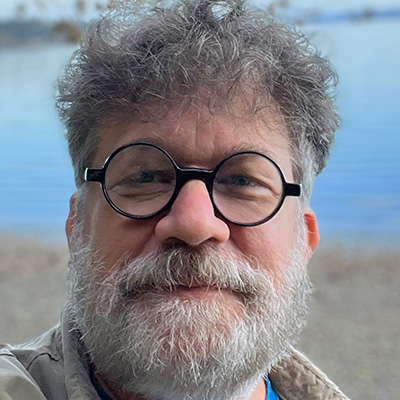
Executive Director, Trillion Parameter Consortium | Senior Computer Scientist, Argonne National Laboratory | The University of Chicago
Charlie Catlett is a Senior Computer Scientist at the U.S. Department of Energy’s Argonne National Laboratory, and a Visiting Scientist at the University of Chicago’s Mansueto Institute for Urban Innovation. His research focuses on building cyberinfrastructure to embed edge-AI in urban, environmental, and emergency sensing and response settings. He was founding chair of Grid Forum / Global Grid Forum from 1999-2005 and director of NSF’s TeraGrid initiative from 2004-2007. Charlie was part of the team that established the National Center for Supercomputing Applications (NCSA) in 1985, leading efforts there including the deployment and operation of the NSFNET backbone network, an early component of the Internet, and serving as Chief Technology Officer prior to joining Argonne and UChicago in 2000. He was one of GovTech magazine’s “25 Doers, Dreamers & Drivers” of 2016 and in 2019 received the Argonne Board of Governors Distinguished Performer award. Charlie is a Computer Engineering graduate of the University of Illinois at Urbana-Champaign.
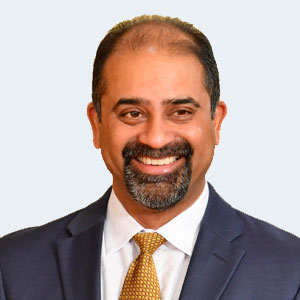
Head of Industry, Semiconductors & Physics, Microsoft
Preeth Chengappa leads GenAI-focused industry engagements across Physics & Semiconductors at Microsoft for the newly launched Discovery platform, which brings enterprise-grade agentic capabilities to science and engineering. Preeth has deep industry expertise in the semiconductor industry, working across commercial and government entities, and represents Microsoft on the US CHIPS Act — EU and other nations’ equivalents for semiconductors, secure cloud, and GenAI. In 2011, Preeth co-founded SiCAD, a startup that built the first cloud-based chip design platform leveraging industry standard tools. He has held engineering, product, and business development leadership roles in large enterprises and startups. Preeth graduated from NITK, India, with a degree in Chemical Engineering.
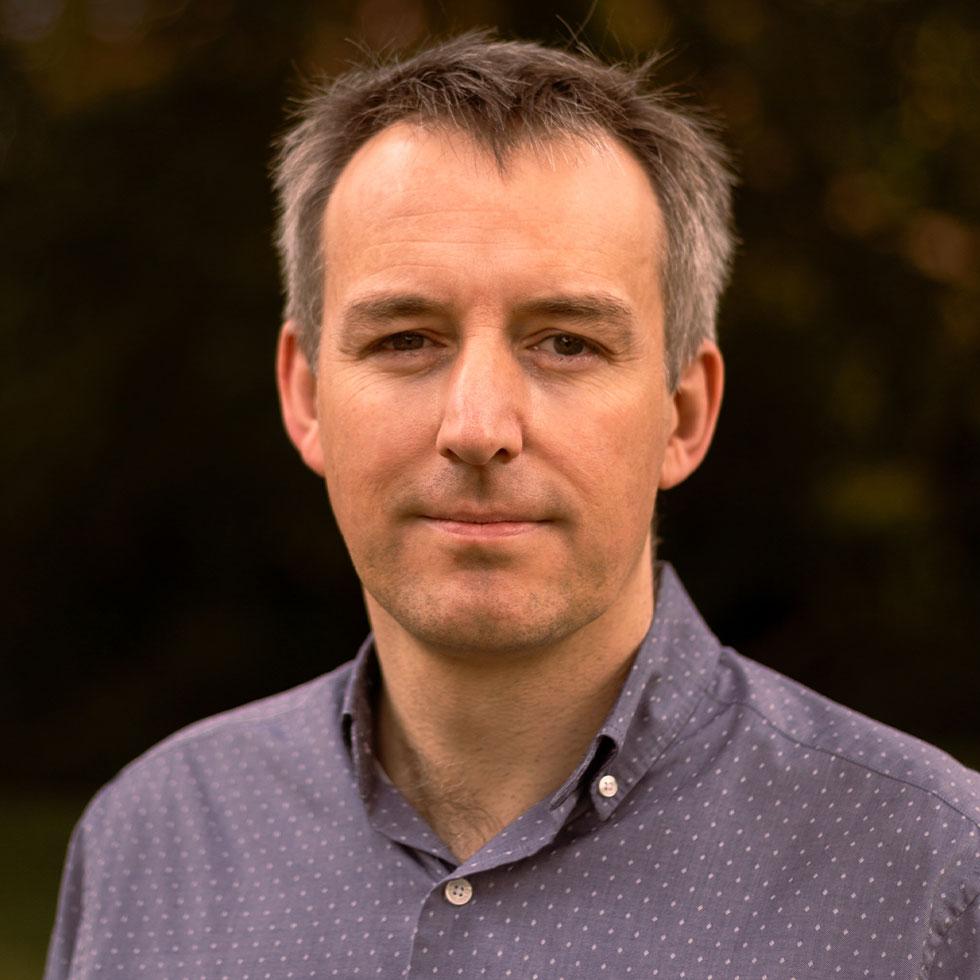
Head of Artificial Intelligence, Quantinuum
Stephen Clark is Head of Artificial Intelligence at Quantinuum. Prior to this, he spent 14 years as a Member of Faculty at the Departments of Computer Science of the Universities of Oxford and Cambridge, including four years as a Tutorial Fellow at Keble College, Oxford. From 2016 to 2020, Steve was a Research Scientist at DeepMind in London, acting as a Team Lead for the research area of Grounded Language Learning. Steve holds an undergraduate degree in Philosophy from the University of Cambridge (Gonville and Caius College). He obtained an M.Sc. in Cognitive Science at the University of Manchester (Department of Computer Science) and a Ph.D. in Computer Science and Artificial Intelligence at the University of Sussex (School of Cognitive and Computing Sciences). Steve is currently an Honorary Professor at Queen Mary University of London.

Team Principal of the Supercomputing Performance Research Team, RIKEN R-CCS
Jens Domke is the Team Principal of the Supercomputing Performance Research Team at RIKEN R-CCS. He received his doctoral degree in 2017 from TU Dresden for his work on HPC routing algorithms and interconnects. Jens started his career in HPC in 2008, after he and a team of five students from TU Dresden and Indiana University won the Student Cluster Competition at SC08. Since then, Jens has published dozens of peer-reviewed articles, contributed routing algorithms to InfiniBand’s subnet manager, and built the first large-scale HyperX prototype at TokyoTech. Jens’ research interests include system co-design, performance evaluation, extrapolation and modelling, interconnect networks, AI, and optimization of parallel applications and architectures.
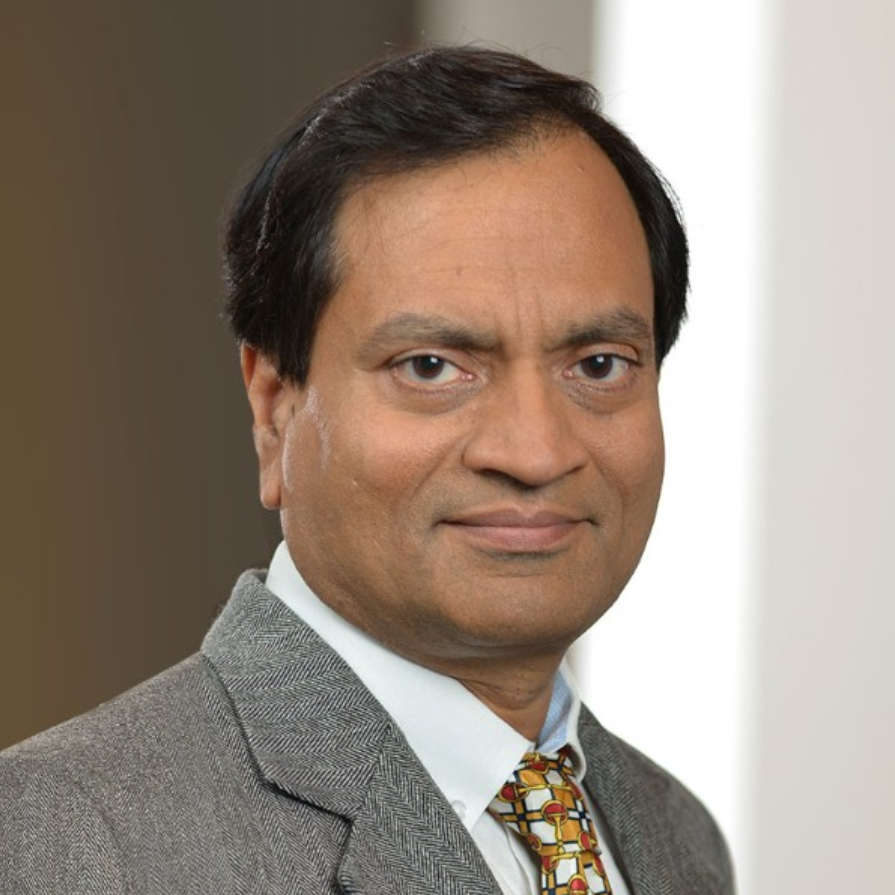
Intel Senior Fellow and Parallel Computing Lab Director, Intel Labs
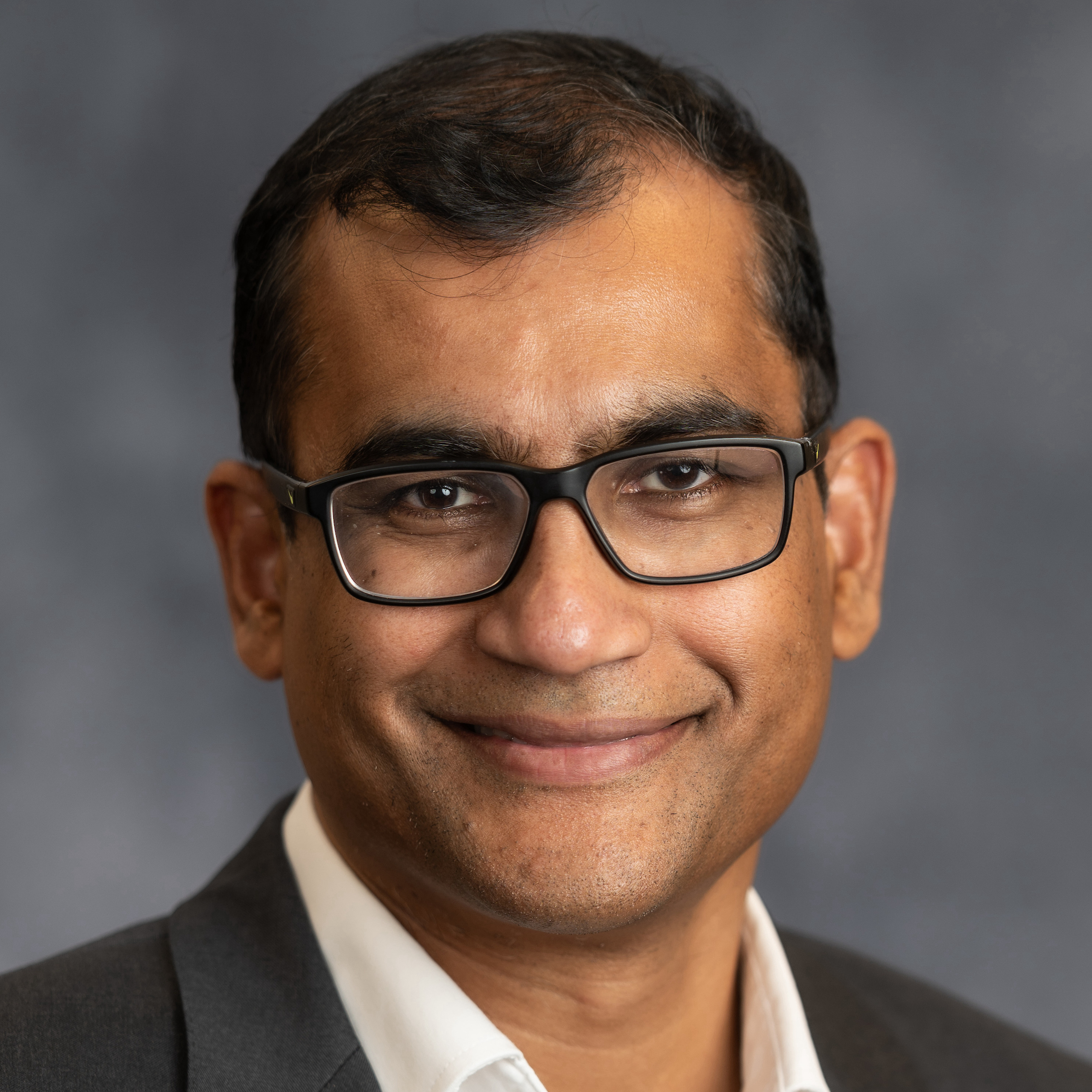
Professor of Aerospace Engineering, University of Michigan
Karthik Duraisamy is a Professor of Aerospace Engineering at the University of Michigan (U-M) where he also directs the Michigan Institute for Computational Discovery and Engineering (MICDE). He holds a PhD in Aerospace Engineering and a Masters in Applied Mathematics from the University of Maryland. His research interests span a broad spectrum of computational science and AI, including data-driven and reduced order modeling, statistical inference, numerical methods, and Generative AI for science. Karthik is the PI of the U-M/Los Alamos Center on Advanced Computational Sciences. He is also the founder and chief scientist of the Silicon Valley-based startup Geminus.AI, which is focused on physics-informed AI to accelerate autonomous industrial operations.
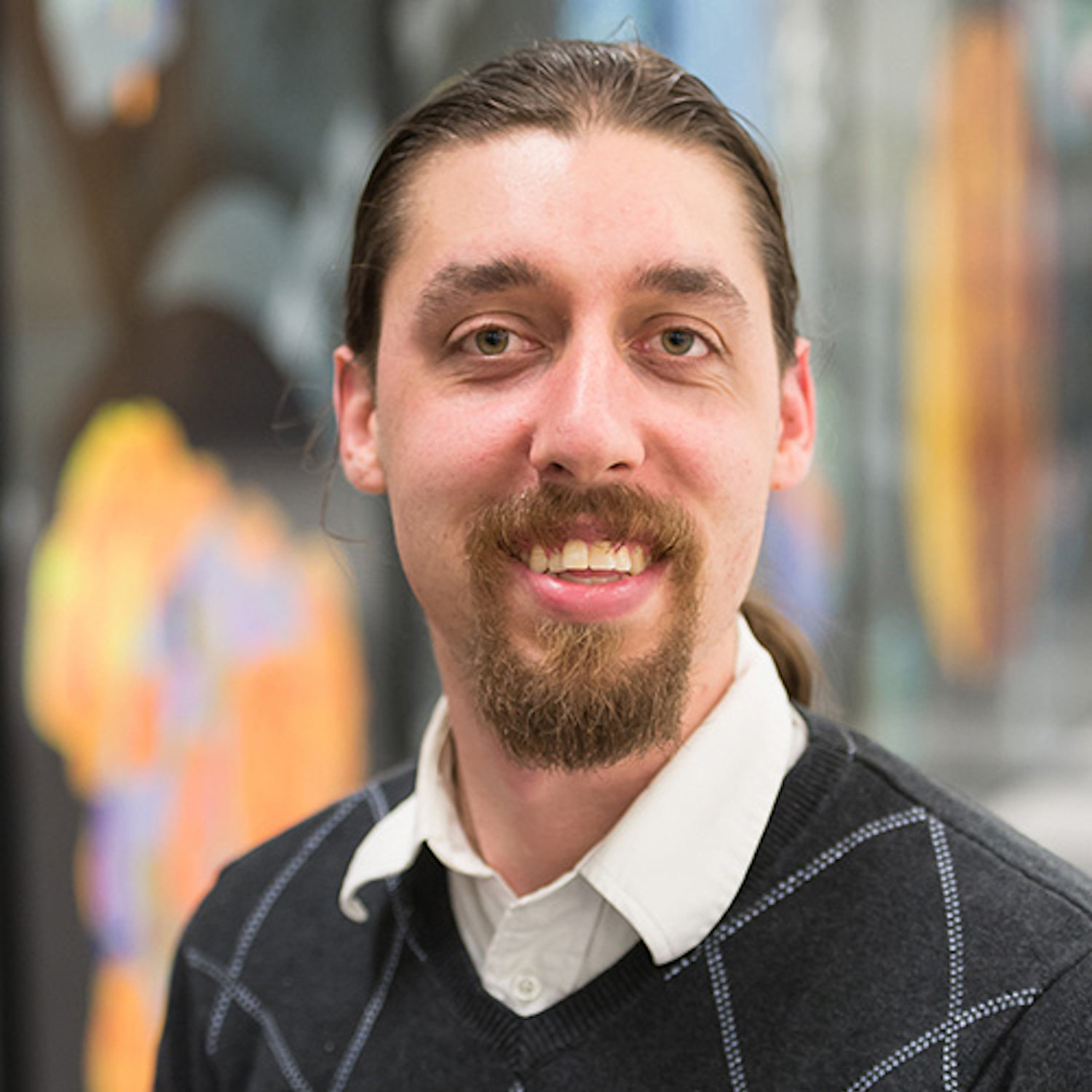
Director, Computational Science Research and Partnerships (CSRP) Division, DOE Office of Science, Advanced Scientific Computing Research Program
Hal Finkel is a program manager for computer science research in the US Department of Energy Office of Science’s Advanced Scientific Computing Research (ASCR) program. Prior to joining ASCR, Hal was the Lead for Compiler Technology and Programming Languages at Argonne’s Leadership Computing Facility. As part of DOE’s Exascale Computing Project (ECP), Hal was a PathForward technical lead and PI/Co-PI of several multi-institution activities. Hal also helped develop the Hardware/Hybrid Accelerated Cosmology Code (HACC), a two-time IEEE/ACM Gordon Bell Prize finalist. He graduated from Yale University in 2011 with a Ph.D. in theoretical physics focusing on numerical simulation of early-universe cosmology.
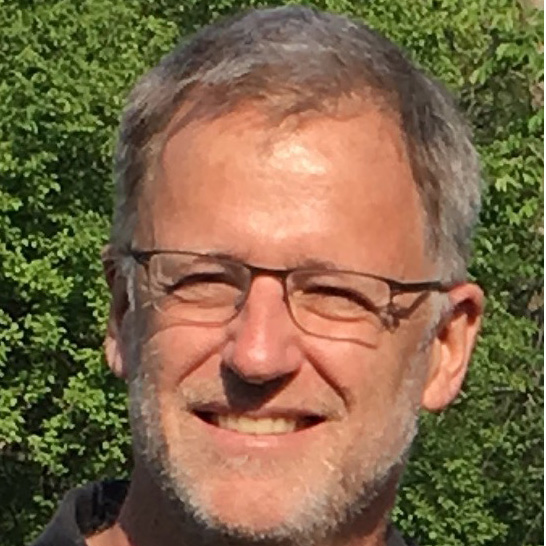
Data Science and Learning Division Director, Argonne National Laboratory
Dr. Ian Foster is Senior Scientist and Distinguished Fellow, and also director of the Data Science and Learning Division, at Argonne National Laboratory, and the Arthur Holly Compton Distinguished Service Professor of Computer Science at the University of Chicago. Ian received a BSc degree from the University of Canterbury, New Zealand, and a PhD from Imperial College, United Kingdom, both in computer science. His research deals with distributed, parallel, and data-intensive computing technologies, and innovative applications of those technologies to scientific problems in such domains as materials science, climate change, and biomedicine. Foster is a fellow of the AAAS, ACM, BCS, and IEEE, and an Office of Science Distinguished Scientists Fellow.

CEO, Quantinuum
Raj Hazra has more than three decades of experience in supercomputing, quantum, and technical roles across the globe. Prior to joining Quantinuum, he served as the General Manager, Compute and Networking Business Unit at Micron Technologies, and spent 25 years at Intel Corporation, leading the Enterprise and Government Group, Technical Computing Group, Supercomputer Architecture and Planning, and Systems Technology Research. Before joining Intel, Raj was with the Lockheed Corporation based at NASA’s Langley Research Center. He prides himself on building high-performing teams with a growth mindset and a culture of truth and transparency. Raj has a Ph.D. and Master’s degree in Computer Science from the College of William and Mary in Virginia, U.S., as well as a Bachelor’s degree in Computer Science from Jadavpur University in Kolkata, India, and holds 16 patents.
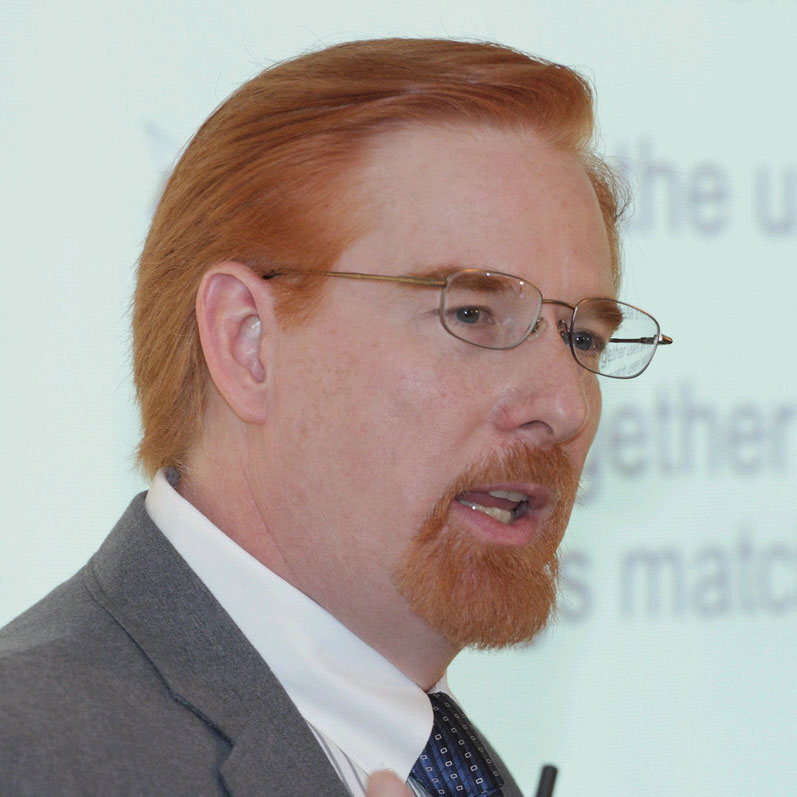
CEO, Hyperion Research
Earl Joseph, Chief Executive Officer of Hyperion Research, drives research and consulting efforts associated with the United States, Europe and Asia-Pacific markets for technical computing. He advises Hyperion Research clients on the competitive, managerial, technological, integration and implementation issues for HPC and AI, and heads up Hyperion Research’s high-end HPC user forum activities. Earl’s areas of expertise include technical computers (from entry-level servers to high-end capability supercomputers), software, AI technologies, storage, and networking solutions. He has worked for four technical computing companies in multiple marketing and R&D roles. Earl holds a Ph.D. from the University of Minnesota, where his research focus was the strategic management of high technology firms, and an undergraduate degree in business and technology from the University of Minnesota.
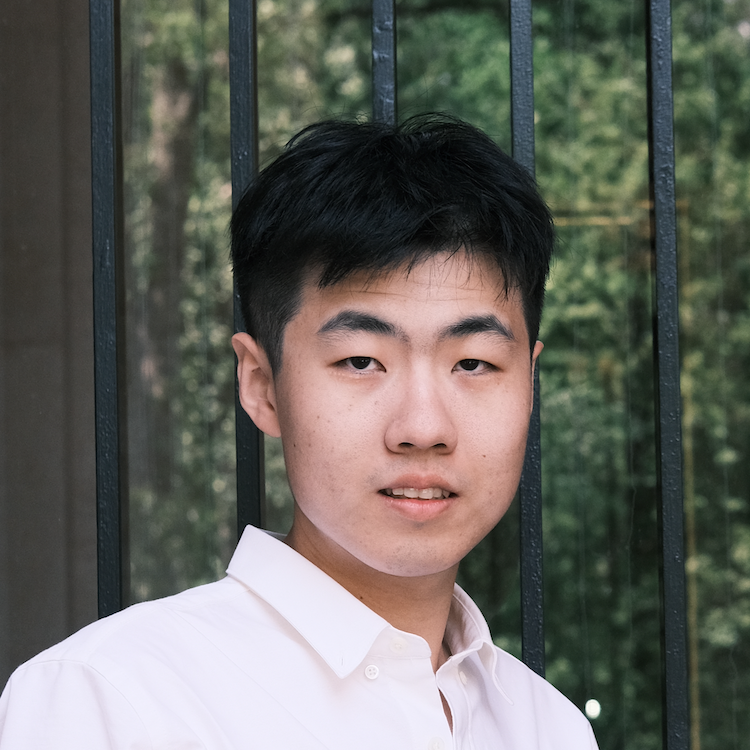
PhD Student, Stanford University
Kexin Huang is a fourth-year PhD student in Computer Science at Stanford University, advised by Prof. Jure Leskovec. His research focuses on leveraging AI to drive novel, deployable, and interpretable biomedical discoveries, while also tackling fundamental AI challenges such as multi-modal modelling, uncertainty quantification, and agentic reasoning. Kexin’s work has been published in Nature Medicine, Nature Biotechnology, Nature Chemical Biology, Nature Biomedical Engineering, Nature, and machine learning conferences including NeurIPS, ICML, and ICLR. He has received numerous best paper awards at NeurIPS/ICML workshops, ISMB, and ASHG, with cover articles in Nature Biotechnology and Cell Patterns. Kexin’s research has been featured in major media outlets such as Forbes, WIRED, and MIT Technology Review. He has also contributed to machine learning research at leading companies and institutions, including Genentech, GSK, Pfizer, IQVIA, Flatiron Health, Dana-Farber Cancer Institute, and Rockefeller University.

Deputy Director of Intelligent Platforms Research Institute, Advanced Industrial Science and Technology (AIST)
Kyoung-Sook Kim is a deputy director at the Intelligent Platforms Research Institute at the National Institute of Advanced Industrial Science and Technology (AIST) in Japan. Her research interests include spatiotemporal data platforms, big data analysis, data integration, etc. She served as a researcher at the National Institute of Information and Communications Technology in Japan from November 2007 to March 2014 and is currently working on a testbed for data and AI quality management. Kyong-Sook also contributes to international standardization for AI data ecosystem interoperability, serving as the project leader of ISO/IEC 5259-2 and an expert in several working groups, including ISO/IEC JTC 1/SC 42/WG 2 (AI Data), IEC SyC Smart Cities/WG 3 (Reference Architecture), and ISO/TC 204/WG 3 (ITS Database Technology). Additionally, she co-chairs the Moving Features SWG, GeoAI DWG, and Urban Digital Twins DWG within the Open Geospatial Consortium (OGC).

Chief Data Scientist, Pacific Northwest National Laboratory
Dr. Neeraj Kumar is a Chief Data Scientist at Pacific Northwest National Laboratory (PNNL), where he leads programs and initiatives at the intersection of artificial intelligence and scientific computing. With over a decade of experience in large-scale AI model development and deployment, he specializes in applying advanced machine learning techniques to accelerate scientific discovery across multiple domains including applied mathematics, data science, healthcare, and computational chemistry/biology.
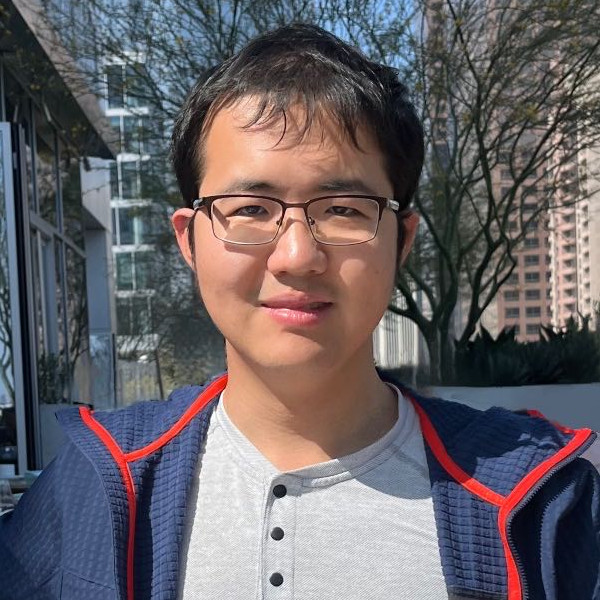
PhD Student Researcher, Allen Institute for AI | University of Washington
Jiacheng Liu is a researcher at the Allen Institute for AI (Ai2) and a PhD student at University of Washington. His research area spans LLM pre-training, post-training, text generation, commonsense reasoning, and mathematical reasoning. Most recently, he focuses on developing efficient search engines for understanding the massive training data of LLMs and tracing LLM behaviors. Jiacheng’s work has been generously supported by the Meta AI Mentorship Program and and Qualcomm Innovation Fellowship.
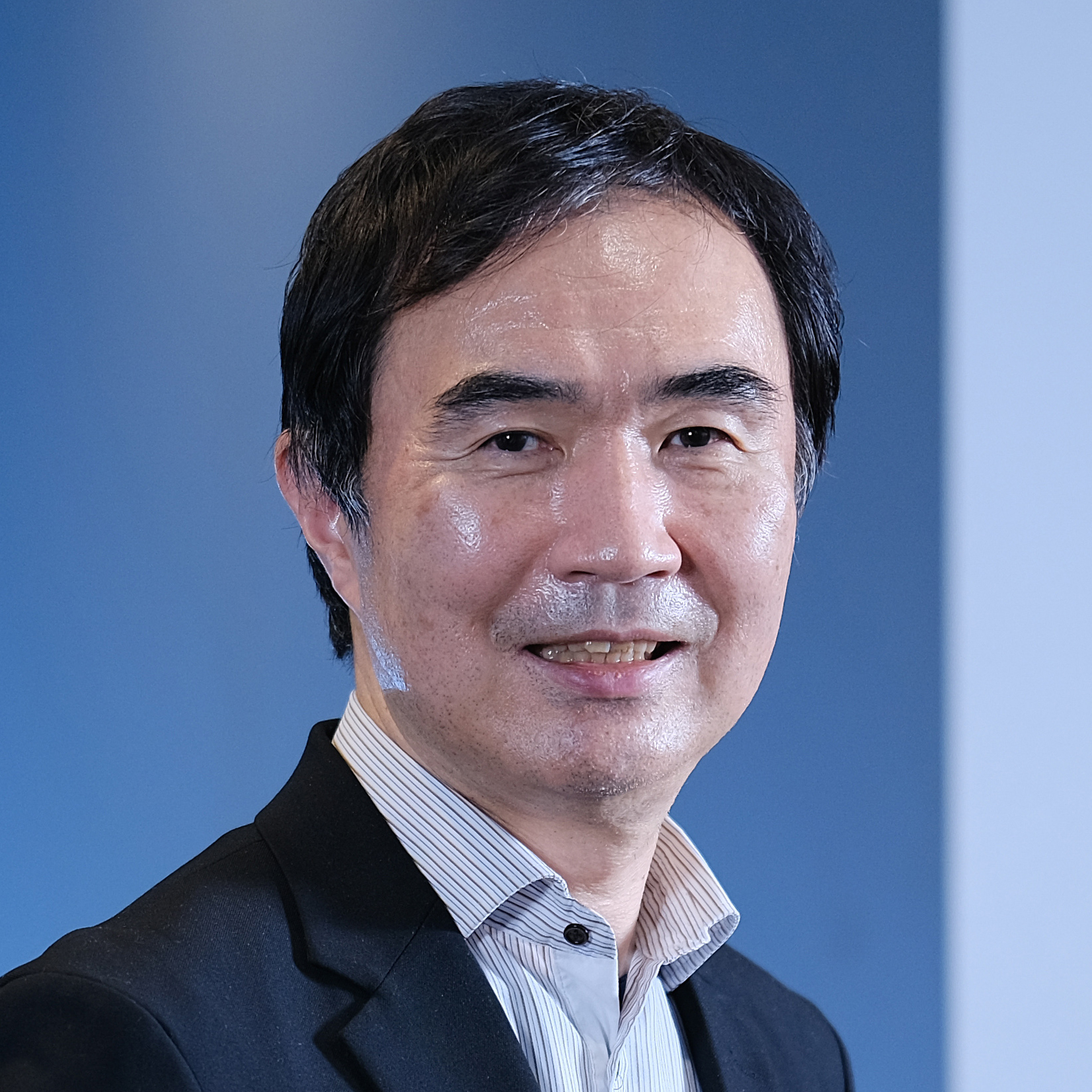
Director, RIKEN R-CCS
Professor Satoshi Matsuoka has been the director of Riken Center for Computational Science (R-CCS), the Tier-1 national HPC center for Japan, since April 2018, developing and hosting Japan’s flagship ‘Fu-
gaku’ supercomputer. Fugaku was the fastest supercomputer in the world in 2020 and 2021, supporting cutting-edge HPC research, including investigating Post-Moore era computing and especially the future FugakuNEXT supercomputer. Satoshi led the TSUBAME series of supercomputers that received much international acclaim at the Tokyo Institute of Technology, where he holds a professor position pursuing research in HPC, scalable big data, and AI. His longtime contribution was commended with the Medal of Honor with Purple ribbon by his Majesty Emperor Naruhito of Japan in 2022. Satoshi is a Fellow in ACM, ISC, IPSJ, and the JSSST and has won numerous awards, including ACM Gordon Bell Prizes, the IEEE-CS Sidney Fernbach Award, and the IEEE-CS Computer Society Seymour Cray Computer Engineering Award.
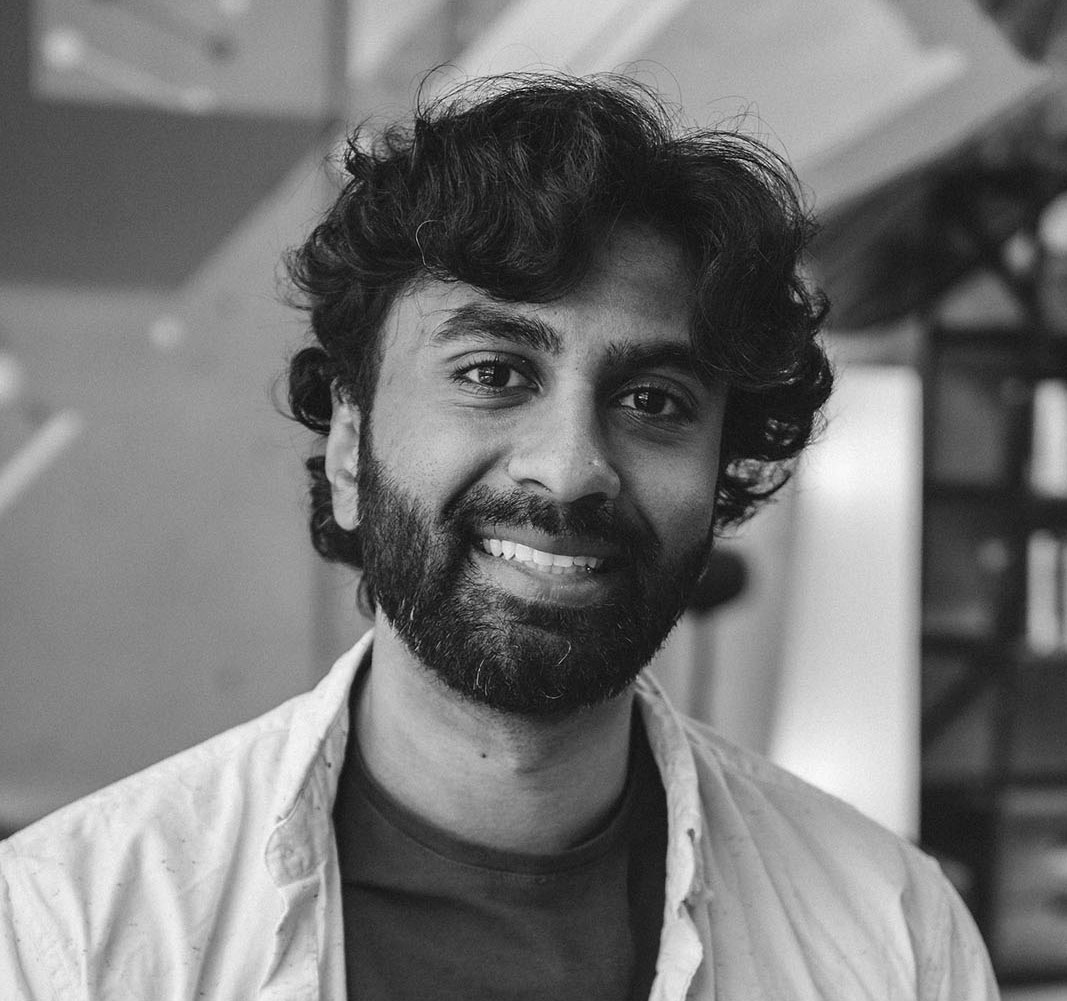
Technical Staff, FutureHouse
Siddharth Narayanan is a physicist who is deeply passionate about making science more efficient by building systems that scale human capability. During his PhD, he worked on jet substructure and dark matter searches at the Large Hadron Collider. He has since also conducted ML research at Fidelity Investments and Flagship Pioneering, focusing on representation learning for transcriptomics, protein design, and scientific reasoning using language models.

Research Scientist, Google DeepMind
Vivek Natarajan is a Research Scientist at Google DeepMind, leading research at the intersection of AI, science, and medicine. He is the lead researcher behind Med-PaLM (Nature, 2023) and Med-PaLM 2 (Nature Medicine, 2025), the first AI systems to obtain passing and expert-level scores on US Medical License exam questions, respectively. Vivek also co-leads Project AMIE, a research program aiming to build and democratize medical superintelligence. Over the past year, AMIE has shown promising potential in controlled settings, including primary care, specialty care, and complex diagnostic challenges, as both a standalone (Nature, 2025) and assistive (Nature 2025) tool for clinicians. Finally, Vivek recently co-led the development of the AI co-scientist — a virtual AI collaborator designed to augment scientists, help uncover new original knowledge, and accelerate the clock speed of scientific discoveries. Prior to Google, Vivek worked on multimodal assistant systems at Facebook AI Research. He is also part of the faculty for executive education at Harvard T.H. Chan School of Public Health in a part-time capacity.

Global Head of Advanced Computing, Amazon Web Services
Thierry Pellegrino is the Global head of Advanced Computing at AWS, a role in which he oversees HPC, domain-specific ML, IOT, and Quantum for the company. In his last industry role, Thierry was CEO of Penguin Computing, and prior to that he spent 23 years with Dell, where he was the Head of the HPC and AI business. Thierry has held multiple leadership roles over his career, ranging from engineering to strategy, M&A, and business leadership, and has had the privilege to sit on the board of GRC’s and Penn State’s ICDS.
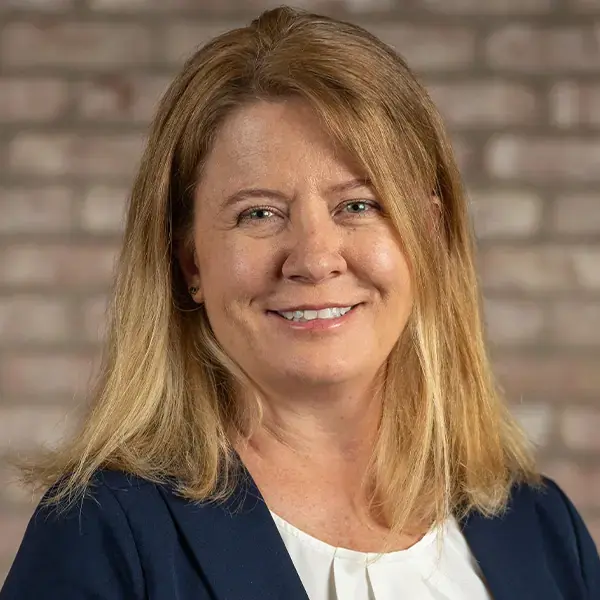
SVP Global Marketing, Hammerspace
Molly Presley is the SVP of Global Marketing for Hammerspace and the host of the very popular Data Unchained podcast. She brings a wealth of experience from leading product and marketing organizations, user communities, and customer advisory boards for global technology innovators including DDN, Qumulo, and Quantum. Molly is the founder of the Active Archive Alliance, co-author of three books focused on putting data to use in research, analytics, and AI environment, and was a previous board member of the Storage Networking Industry Association (SNIA).
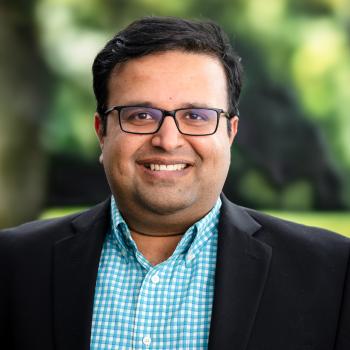
Computational Science Leader, Argonne National Laboratory
Arvind Ramanathan is a computational biologist in the Data Science and Learning Division at Argonne National Laboratory and a senior scientist at the University of Chicago Consortium for Advanced Science and Engineering (CASE). His research interests are at the intersection of data science, high performance computing and biological/biomedical sciences.
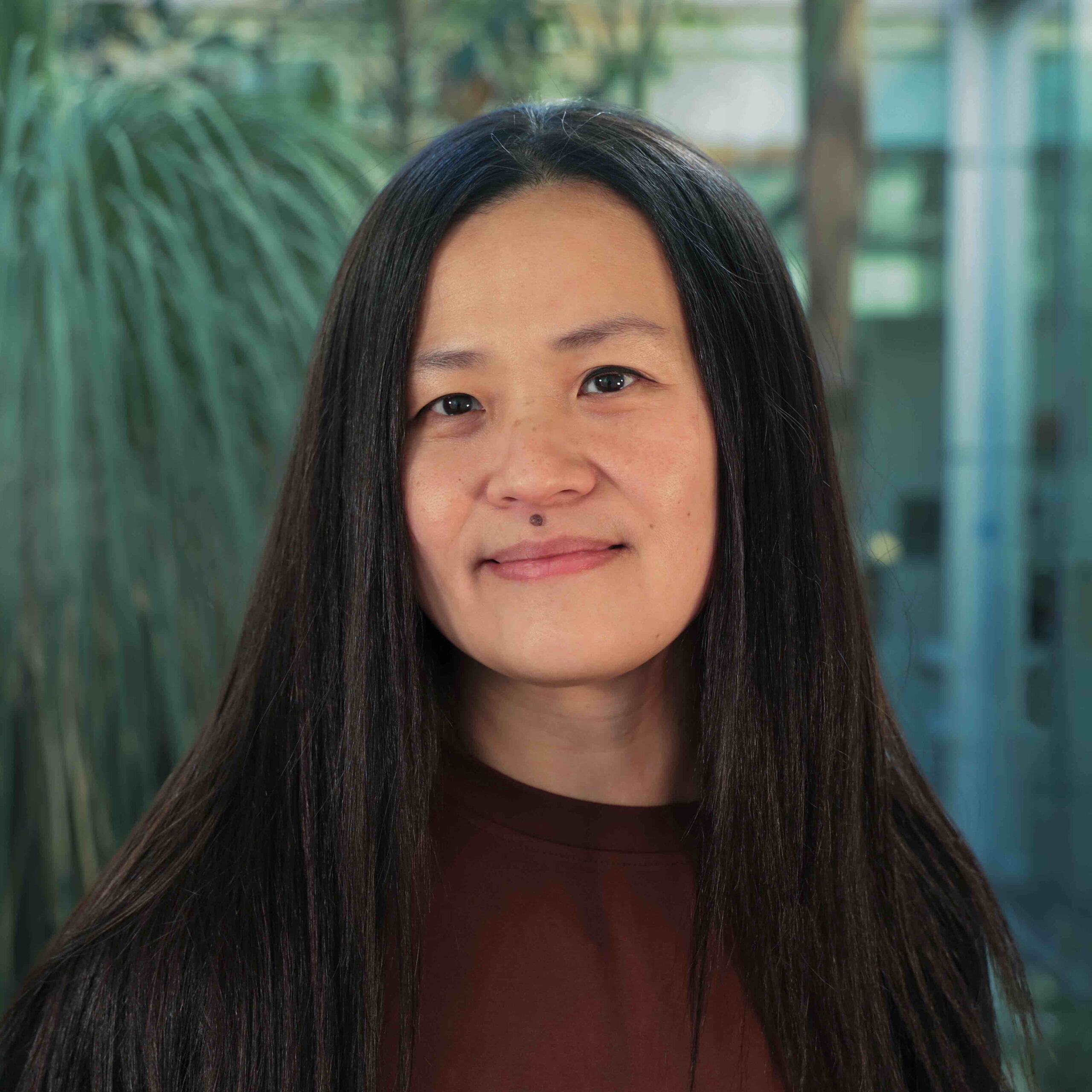
Professor, University of New South Wales
Flora Salim a full Professor in the School of Computer Science and Engineering at the University of New South Wales (UNSW) Sydney, where she also serves as the Deputy Director (Engagement) of the UNSW AI Institute. Her work focuses on multimodal machine learning and foundation models for time-series and spatio-temporal data, multimodal sensors, and wearables, and on applications of AI and LLMs for smart and sustainable cities, and for mobility, transport, energy, and grid systems. She is a member of the Australian Academy of Sciences’ National Committee for Information and Computing Sciences and an elect member of the Australian Research Council (ARC) College of Experts. She has received multiple nationally and internationally competitive fellowships, such as Humboldt Fellowship, Bayer Fellowship, and many accolades and awards such as the Women in AI Award Australia and New Zealand (2022) and IBM Smarter Planet Industry Innovation Award. She is a Vice Chair of the IEEE Task Force on AI for Time-Series and Spatio-Temporal Data and serves as an editorial board member of many journals including ACM TIST, ACM TSAS, IMWUT, IEEE Pervasive Computing, and Nature Scientific Data.
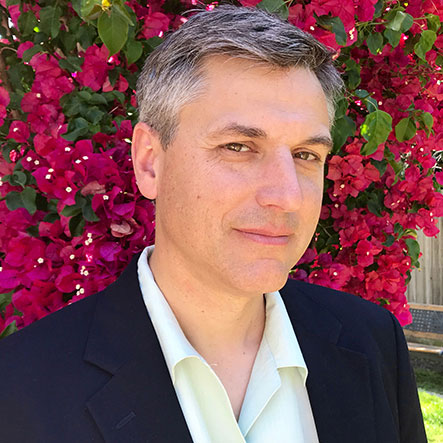
Co-Founder & Chief Executive Officer, Intersect360 Research
Addison Snell is a veteran of the HPC industry and the co-founder and CEO of Intersect360 Research, now in its 15th year delivering forecasts and insights for high-performance markets. Intersect360 Research is a premier source of market information, analysis, and consulting for HPC and hyperscale industries worldwide. Addison is a frequent keynote speaker and panel moderator at industry events, has testified before the U.S.-China Economic & Security Review Commission Congressional Subcommittee, and was named one of 2010’s “People to Watch” by HPCwire. Prior to Intersect360 Research, Addison was an HPC industry analyst for IDC. He originally gained industry recognition as a marketing leader and spokesperson for SGI’s supercomputing products and strategy. Addison holds a master’s degree from the Kellogg School of Management at Northwestern University and a bachelor’s degree in Mathematics from the University of Pennsylvania.
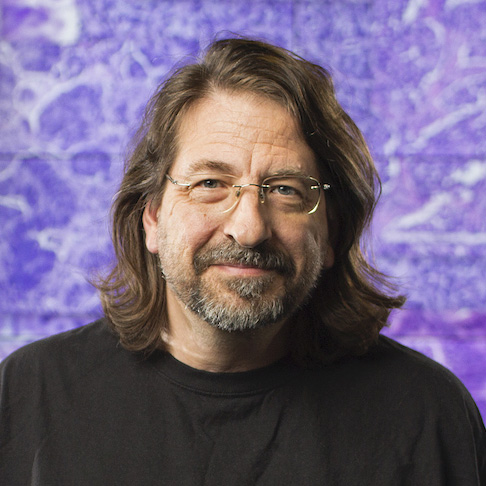
Associate Laboratory Director - CELS, Argonne National Laboratory | Professor of Computer Science, The University of Chicago
Rick Stevens is a Professor of Computer Science at the University of Chicago and the Associate Laboratory Director of the Computing, Environment and Life Sciences (CELS) Directorate and Argonne Distinguished Fellow at Argonne National Laboratory. His research spans the computational and computer sciences from high-performance computing architecture to the development of advanced tools and methods. Recently, he has focused on developing AI methods for a variety of scientific and biomedical problems, and also has significant responsibility in delivering on the U.S. national initiative for Exascale computing and developing the DOE’s Frontiers in Artificial Intelligence for Science, Security, and Technology (FASST) initiative.
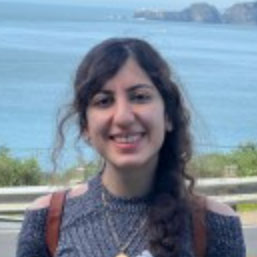
Research Scientist, Google DeepMind
Elahe Vedadi is a Research Scientist at Google DeepMind, where she specializes in applying large language models (LLMs) to major challenges in biomedicine and scientific discovery. Elahe is a core contributor to several of Google’s pioneering AI initiatives, including the Co-Scientist effort, MedGemini, and AMIE, Google’s AI-powered diagnostic conversational system. Her path to Google includes targeted research internships at Google Research and Seagate Technology during her doctoral studies. Elahe received her PhD in Electrical Engineering from the University of Illinois Chicago in 2023, and her Bachelor of Science in Electrical Engineering from Sharif University of Technology in 2018.
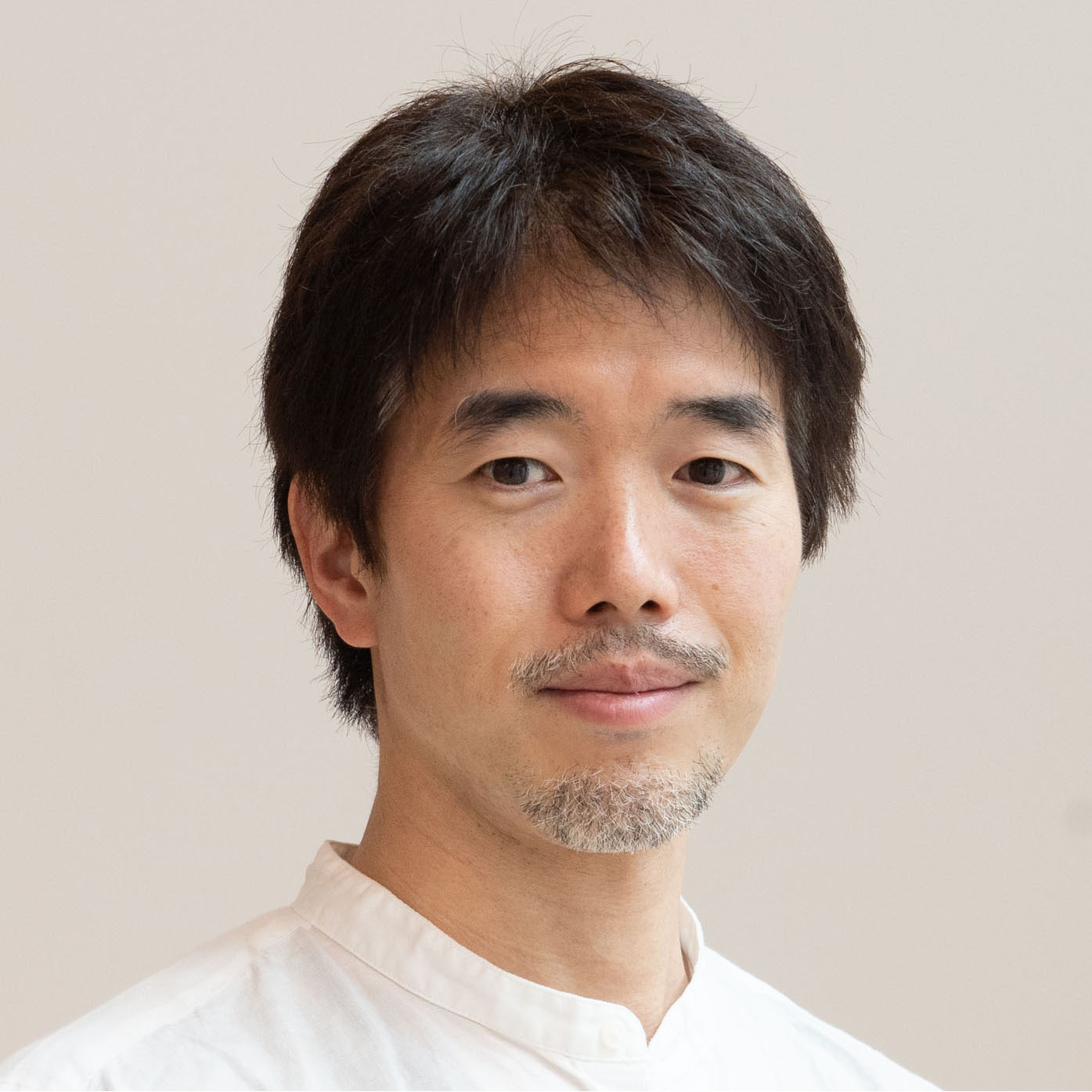
Professor, Institute of Science Tokyo
Rio Yokota is a Professor at the Supercomputing Research Center, Institute of Science Tokyo. He also leads the AI for Science Foundation Model Research Team at RIKEN CCS. His research interests lie at the intersection of HPC and ML. He has been optimizing algorithms on GPUs since 2007, and was part of a team that received the Gordon Bell prize in 2009 using the first GPU supercomputer. He has been leading distributed training efforts on Japanese supercomputers such as ABCI, TSUBAME, and Fugaku.
